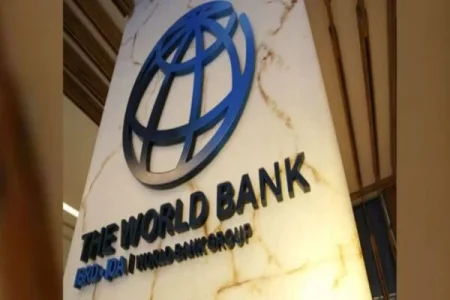
Nigeria has become the third-largest borrower from the World Bank's International Development Association, with loans rising to $16.5 billion as of June 2024. This increase raises concerns about the country's debt management strategies as it surpasses other nations in borrowing.
As of June 30, 2024, Nigeria has emerged as the third-largest borrower from the World Bank's International Development Association (IDA), climbing from its previous position as the fourth-largest debtor. Nigeria’s outstanding loans from the IDA reached $16.5 billion, marking an increase of $2.2 billion from $14.3 billion at the end of 2023.
The IDA focuses on providing concessional loans and grants to some of the world's poorest nations, aiming to facilitate economic growth, reduce inequalities, and enhance living standards in developing countries. In comparison, Bangladesh leads the IDA debt list with $20.5 billion, followed by Pakistan at $17.5 billion. India ranks fourth with $15.9 billion, while Ethiopia, Kenya, and Vietnam trail behind with $12.2 billion, $12.0 billion, and $12.0 billion, respectively.
At the lower end of the IDA debt ranking, Tanzania holds $11.7 billion, Ghana $6.7 billion, and Uganda $4.8 billion. This increase in Nigeria’s borrowing raises concerns about its debt management strategies and economic policies, especially given the ongoing financial challenges facing the nation.
Reactions on social media have been mixed, with some users expressing sarcasm and concern over the country’s rising debt levels. Comments like “We will soon reach number one” and “Clap for Nigeria” highlight a blend of disbelief and frustration regarding the government's financial management. Others lament the situation, stating, “This country too do oooo,” reflecting a sense of hopelessness among citizens. These reactions underscore the critical need for sustainable economic reforms and increased transparency in financial dealings to foster long-term growth and stability. As Nigeria navigates these complexities, addressing the broader implications of such borrowing on the nation's economy is essential.




